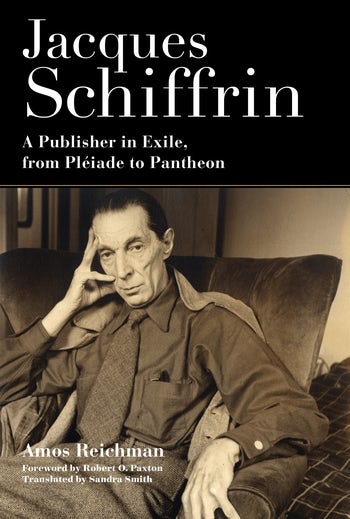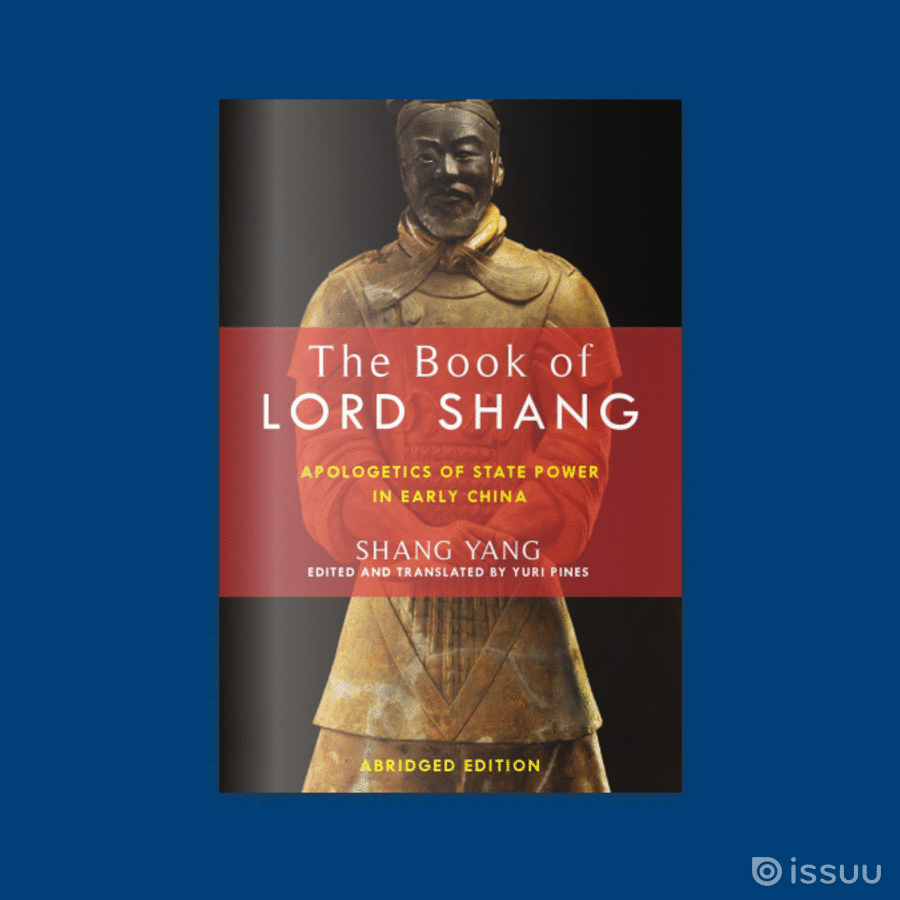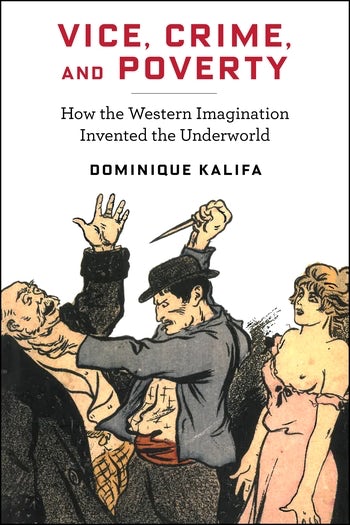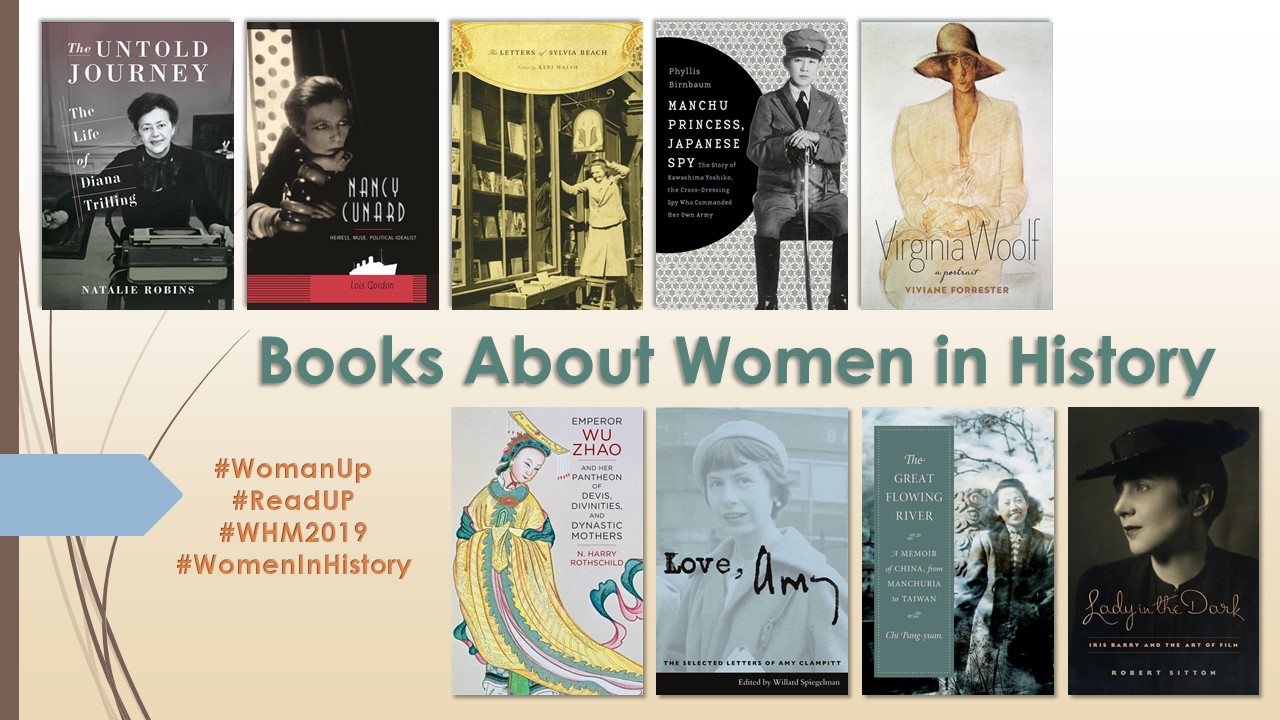Chen Yea-Fen on The Great Flowing River and Chi Pang-yuan’s Honorary Degree

“The Great Flowing River is one of the great memoirs of modern China. Telling the story of one woman’s odyssey through the twentieth century, this is not just a deeply moving account of Chi Pang-yuan and her family, but a window into how the Chinese people came through the trauma of war and turmoil, and created a new set of civilized values in their aftermath.”
~ Rana Mitter, author of Forgotten Ally: China’s World War II, 1937-1945
We’re wrapping up this week’s feature on life writing in translation with a guest post by Chen Yea-Fen, professor and scholar of language education at Indiana University, Bloomington. In this post, she recounts how a blog, a fortuitous gift, and many connections between Indiana and Taiwan made Chi Pang-yuan’s (author of The Great Flowing River: A Memoir of China, from Manchuria to Taiwan), honorary degree, possible.
• • • • • •
I’m not sure how much I believe in fate, but I do think everything happens for a reason. When I left Taiwan more than three decades ago, my first destination was Bloomington, Indiana. After earning my doctoral degree in language education from Indiana University (IU) and moving away for almost twenty years, I responded to a call from my alma mater for a director position. I decided to move back to this beautiful small college town because I somehow felt that several important missions awaited me in this homecoming.
On February 22, 2019, five days before an important meeting in Washington, D.C., I took a detour across the Pacific because I wanted to attend the ceremony conferring Professor Chi Pang-yuan’s honorary doctoral degree presented by IU President Michael A. McRobbie at National Taiwan University—another of my alma maters.

“I was deeply touched by the beautiful handwritten messages from Professor Chi, inviting me to visit her in her Taipei residence.”
It had been my great honor to facilitate the nomination process for Professor Chi’s honorary doctorate in the preceding months, which started when the acting chair of my department relayed to me a special task from the President’s Office last October. During a visit to Beijing last fall, President Michael McRobbie received from Professor Nick Koss, an IU alumnus, a copy of the English translation of The Great Flowing River, and he was deeply moved by Professor Chi’s life journey, especially her fond memories of IU when she pursued a master’s degree in Comparative Literature in the late 60s. An honorary degree for Professor Chi from IU seemed most appropriate, but a faculty member was needed to initiate the nomination process. Without a second thought, I volunteered myself, telling him that I had mentioned Professor Chi—a great writer, scholar, and teacher I had admired for several decades—to my students when we talked about the influence of IU on the professional journey of some famous alumni in the fields of Chinese and Comparative Literature. I wondered—coincidence…?

My personal connection with The Great Flowing River had started a few years earlier through a WeChat blog by Yiqiao Wang, an IU doctoral student from China. After reading the Chinese version of the book in 2009, Yiqiao followed Professor Chi’s steps by visiting all the places mentioned in her chapter on IU, and then posted a long blog titled “From the Great Flowing River to Indiana.” The blog planted the seed that eventually led to Professor Chi’s honorary degree.
Thanks to Harvard Professor David Wang’s help and Professor Chi’s international fame, the mission of amassing a dossier for Professor Chi’s honorary degree was accomplished three months before the deadline. In addition to five recommendation letters from my deans and colleagues at IU, I received eleven external letters of support from renowned scholars around the world. I was told that President McRobbie considered it one of the best dossiers he had ever seen.
“Even at the age of 95, she exudes elegance, energy, and sharpness, as she recalled the exact location of a publishing house her father and Professor Wang’s father used to work together many years ago.”
What made this project even more meaningful for me was my chance to reconnect with Professor Wang, one of my favorite professors from my undergraduate days at NTU, and to get to know Professor Chi, with whom I had not been fortunate enough to take classes at NTU. I was deeply touched by the beautiful handwritten messages from Professor Chi, inviting me to visit her in her Taipei residence. To make my travel easier, she even arranged for me to spend the night in the same retirement community before the meeting. I will forever remember the interesting turns of the four-hour conversation I shared that December day with her and Professor Wang. Even at the age of 95, she exudes elegance, energy, and sharpness, as she recalled the exact location of a publishing house her father and Professor Wang’s father used to work together many years ago. No wonder she could recall with such clarity the vicissitudes of her extraordinary journey from her hometown in Manchuria to Nanjing, Wuhan, Chengdu, Shanghai, and Taiwan in the early-and mid-twentieth century. At the conferral ceremony, Professor Chi impressed everyone even more by delivering a wonderful acceptance speech in beautiful English.

Before I left for Taipei, Yiqao gave me several photos of the places Professor Chi visited in the 60s for her 96th birthday. When I asked Yiqiao what he might want from Taipei, he mentioned a signed copy of The Great Flowing River. The copy I brought back for him not only has Professor Chi’s signature but also a two-page, handwritten note from her.
In her memoir, Professor Chi describes IU as her “Jacob’s ladder to the heaven of knowledge.” Half a century ago, her study was cut short because of family reasons. Today, I’m delighted that we were able to bring her journey to Bloomington to full circle. One of her sons is an IU alumnus, and her granddaughter is currently attending IU. Just like The Great Flowing River, the beautiful relationship between IU and Professor Chi goes on, flowing from one generation to another.








